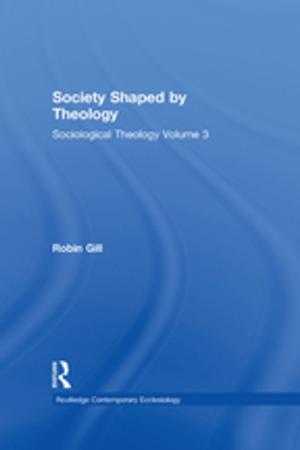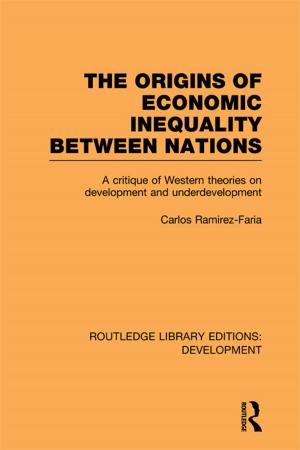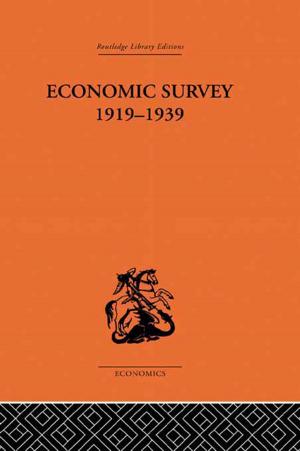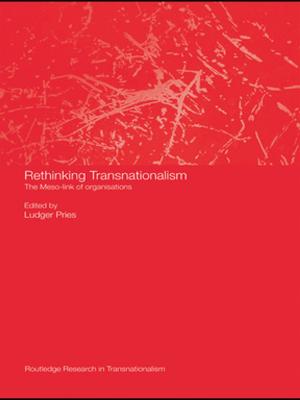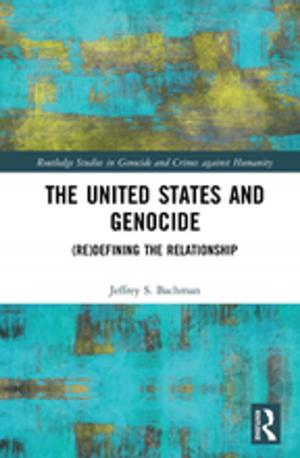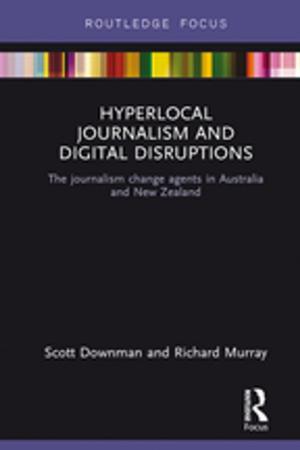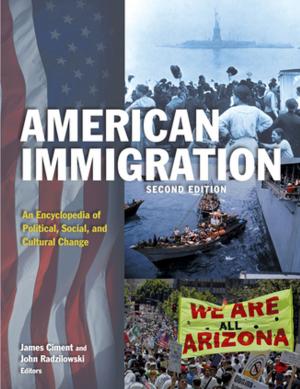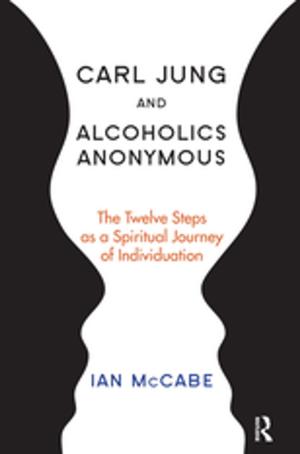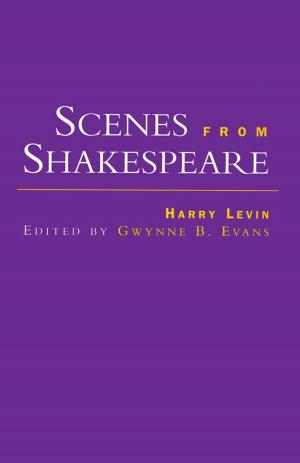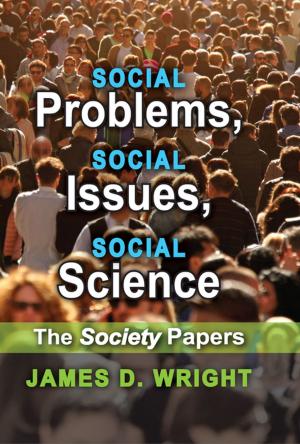Perspectives on English Revolutionary Republicanism
Nonfiction, History, Modern, 17th Century, British| Author: | Dirk Wiemann | ISBN: | 9781317081753 |
| Publisher: | Taylor and Francis | Publication: | May 13, 2016 |
| Imprint: | Routledge | Language: | English |
| Author: | Dirk Wiemann |
| ISBN: | 9781317081753 |
| Publisher: | Taylor and Francis |
| Publication: | May 13, 2016 |
| Imprint: | Routledge |
| Language: | English |
Perspectives on English Revolutionary Republicanism takes stock of developments in the scholarship of seventeenth-century English republicanism by looking at the movements and schools of thought that have shaped the field over the decades: the linguistic turn, the cultural turn and the religious turn. While scholars of seventeenth-century republicanism share their enthusiasm for their field, they have approached their subject in diverse ways. The contributors to the present volume have taken the opportunity to bring these approaches together in a number of case studies covering republican language, republican literary and political culture, and republican religion, to paint a lively picture of the state of the art in republican scholarship. The volume begins with three chapters influenced by the theory and methodology of the linguistic turn, before moving on to address cultural history approaches to English republicanism, including both literary culture and (practical) political culture. The final section of the volume looks at how religion intersected with ideas of republican thought. Taken together the essays demonstrate the vitality and diversity of what was once regarded as a narrow topic of political research.
Perspectives on English Revolutionary Republicanism takes stock of developments in the scholarship of seventeenth-century English republicanism by looking at the movements and schools of thought that have shaped the field over the decades: the linguistic turn, the cultural turn and the religious turn. While scholars of seventeenth-century republicanism share their enthusiasm for their field, they have approached their subject in diverse ways. The contributors to the present volume have taken the opportunity to bring these approaches together in a number of case studies covering republican language, republican literary and political culture, and republican religion, to paint a lively picture of the state of the art in republican scholarship. The volume begins with three chapters influenced by the theory and methodology of the linguistic turn, before moving on to address cultural history approaches to English republicanism, including both literary culture and (practical) political culture. The final section of the volume looks at how religion intersected with ideas of republican thought. Taken together the essays demonstrate the vitality and diversity of what was once regarded as a narrow topic of political research.

